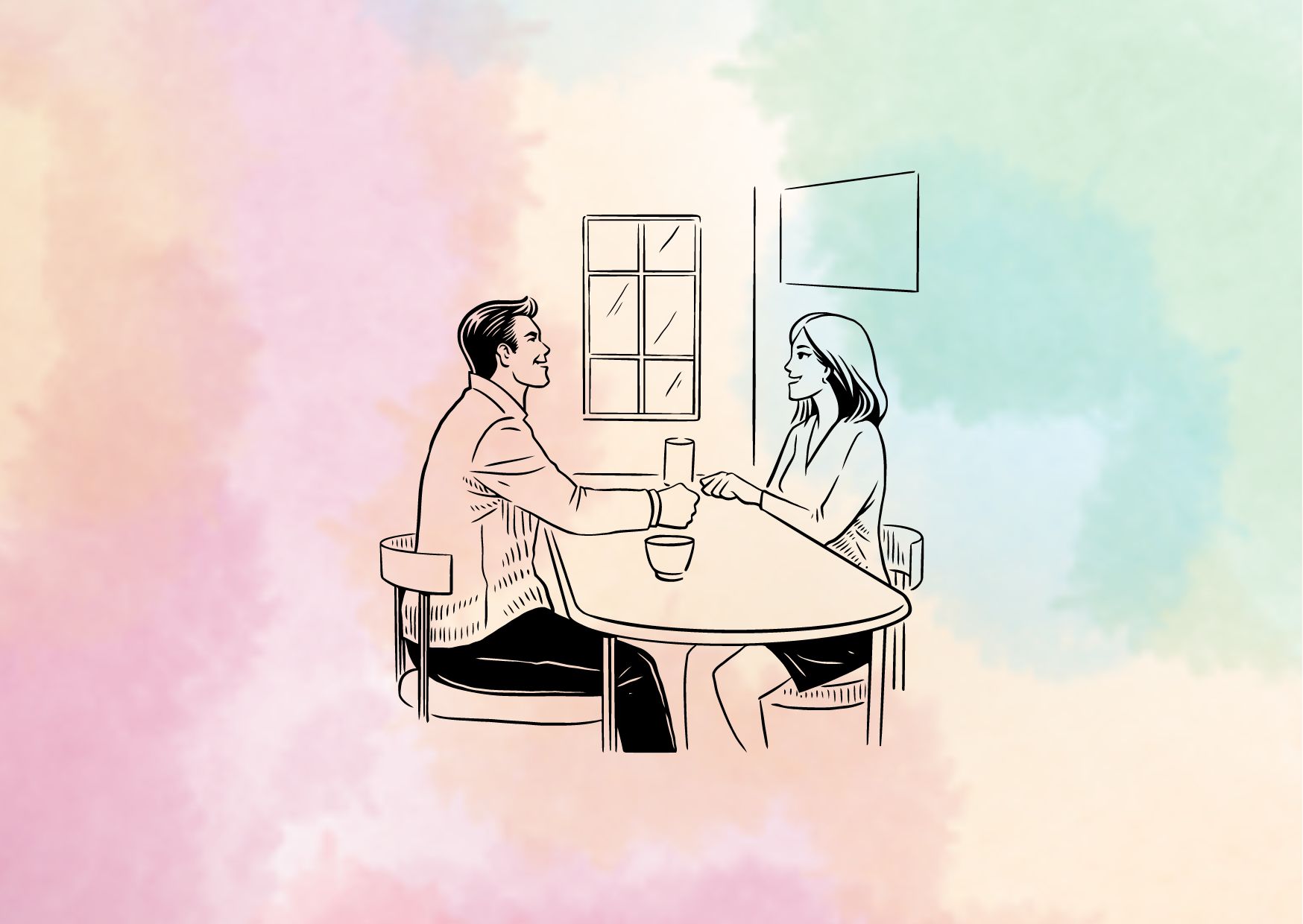6 Expert Tips to Conquer First Date Anxiety
First date anxiety can be overwhelming, making even the most confident individuals feel nervous and jittery. The anticipation of meeting someone new, coupled with the desire to make a good impression, often leads to stress and self-doubt. Many people struggle with how to calm their nerves before a date, wondering how to overcome first date anxiety and enjoy the experience.
To help individuals tackle these challenges, experts have developed strategies to reduce first date anxiety and boost confidence. This article will explore effective ways to get over first date jitters, offering practical tips to prepare mentally for the encounter. By embracing these techniques, readers can learn how to approach first dates with a more relaxed mindset, setting the stage for a positive and enjoyable experience.
Understanding First Date Anxiety
First date anxiety is a common experience that affects many individuals, regardless of age or background. It’s a natural response to the uncertainty and anticipation of meeting someone new in a potentially romantic context. Understanding the causes, physical symptoms, and psychological impacts of first date anxiety can help individuals better manage their nerves and approach dating with more confidence.
Common causes
Several factors contribute to first date anxiety. One primary cause is the fear of judgment. Many people worry about how they will be perceived by their date, leading to concerns about their appearance, conversation skills, or overall likability. This anxiety often stems from a deep-seated fear of rejection or not meeting the other person’s expectations.
First Impression
Another common cause is the pressure of creating a positive first impression. The desire to impress a potential romantic partner can lead to overthinking and self-doubt. Cultural and media influences also play a role, often portraying idealized versions of romance that can set unrealistic expectations for a first date.
Past experiences can significantly impact a person’s outlook on new dates. Negative encounters or previous relationship traumas may cause individuals to approach new dating situations with heightened caution or anxiety. Additionally, personal factors such as low self-esteem, introversion, or underlying mental health conditions can intensify first date nervousness.
Physical symptoms
First date anxiety often manifests through various physical symptoms. One of the most common signs is an elevated heart rate, which occurs due to the body’s “fight or flight” response being activated. This physiological reaction can also lead to increased sweating, even in comfortable temperatures.
Many individuals experience difficulty speaking or forming coherent thoughts when nervous on a first date. This can result in stumbling over words or struggling to maintain a smooth conversation. Fidgeting is another physical outlet for nervous energy, which may involve behaviors like tapping feet, twirling hair, or adjusting clothing frequently.
Gastrointestinal discomfort is also a common physical symptom of first date anxiety. The stress and nervousness can disrupt normal digestive processes, leading to stomach aches or nausea. Some people may even experience changes in their breathing patterns, such as rapid or shallow breathing, which can cause dizziness or lightheadedness.
Psychological impacts
First date anxiety can have significant psychological effects on an individual. One of the most prominent impacts is overthinking. People may find themselves excessively analyzing every aspect of the upcoming date, from what to wear to potential conversation topics. This constant mental chatter can be exhausting and may lead to increased stress and worry.
Anxiety can also affect cognitive functions, including memory and attention. Individuals may find themselves easily distracted or forgetful during the date, making it challenging to focus on the present moment and engage fully in the interaction.
Avoidance behaviors
For some, first date anxiety can be so intense that it leads to avoidance behaviors. They may repeatedly cancel or postpone dates, or even avoid dating altogether, due to the overwhelming stress and fear associated with the experience.

